AeroGenie — Your Intelligent Copilot.
Trending
Categories
Delta Airlines Uses AI to Adjust Ticket Prices Dynamically
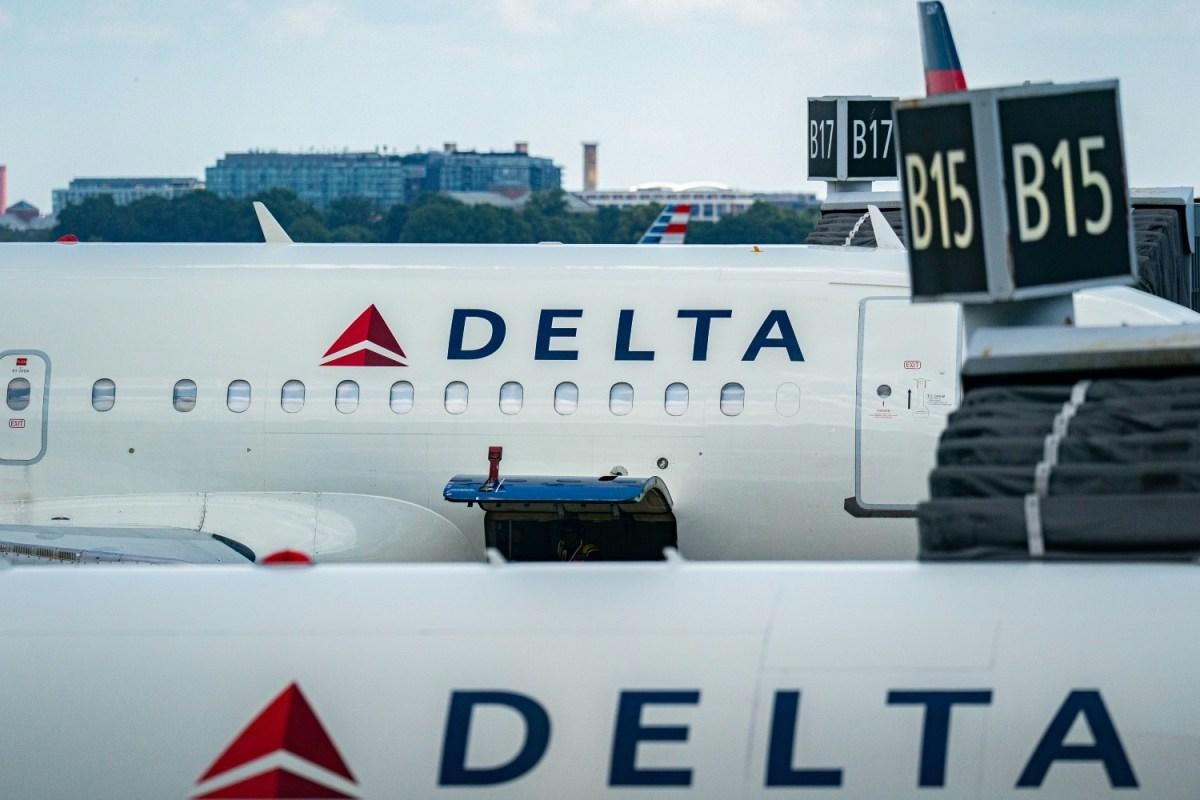
Delta Airlines Implements AI-Driven Dynamic Pricing for Flight Tickets
Delta Airlines has introduced an artificial intelligence system to transform its ticket pricing strategy, aligning with a broader industry shift toward dynamic pricing models. In collaboration with Israeli startup Fetcherr, the airline has deployed an AI platform that processes extensive real-time data to adjust fares on an individual basis. This system evaluates a variety of factors, including flight-specific elements such as timing, route, and competitive landscape, alongside wider economic indicators and customer behaviors like browsing history and previous bookings. The objective is to tailor prices uniquely for each passenger, optimizing revenue while adapting to fluctuating market demand.
Expansion and Regulatory Considerations
The airline began discreetly testing this AI-driven pricing last year, initially applying it to approximately 1% of its ticket inventory. Encouraged by favorable outcomes, Delta has since increased the scope to 3% of fares, with plans to extend dynamic pricing to 20% of domestic tickets by the end of 2025, as stated by Delta President Glen Hauenstein. The company maintains that its AI pricing system adheres strictly to federal regulations and avoids discriminatory practices. A spokesperson highlighted that all fares remain publicly filed and are determined solely by trip-related factors such as advance purchase timing and cabin class, with robust safeguards implemented to ensure compliance with legal standards.
Despite these assurances, the introduction of AI-based pricing has ignited debate regarding transparency and fairness. Critics question the opacity of the AI’s decision-making processes and express concern over the system’s potential to maximize revenue at the expense of consumer trust.
Challenges and Industry Implications
Delta faces several challenges in implementing dynamic pricing. Consumer dissatisfaction may arise from unpredictable fare fluctuations, potentially leading to backlash. Furthermore, regulatory scrutiny is expected to intensify as authorities evaluate the fairness and transparency of AI-driven pricing mechanisms. The airline’s adoption of this technology may also prompt competitors to accelerate their own AI initiatives, intensifying competition and further transforming airfare determination.
Market responses are anticipated to be varied. While some travelers may accept personalized pricing as an inevitable evolution in the digital economy, others may perceive it as an aggressive revenue extraction strategy. As the airline industry continues to evolve, Delta’s pioneering use of AI in dynamic pricing could establish a benchmark for pricing strategies not only within aviation but across other sectors embracing digital innovation.
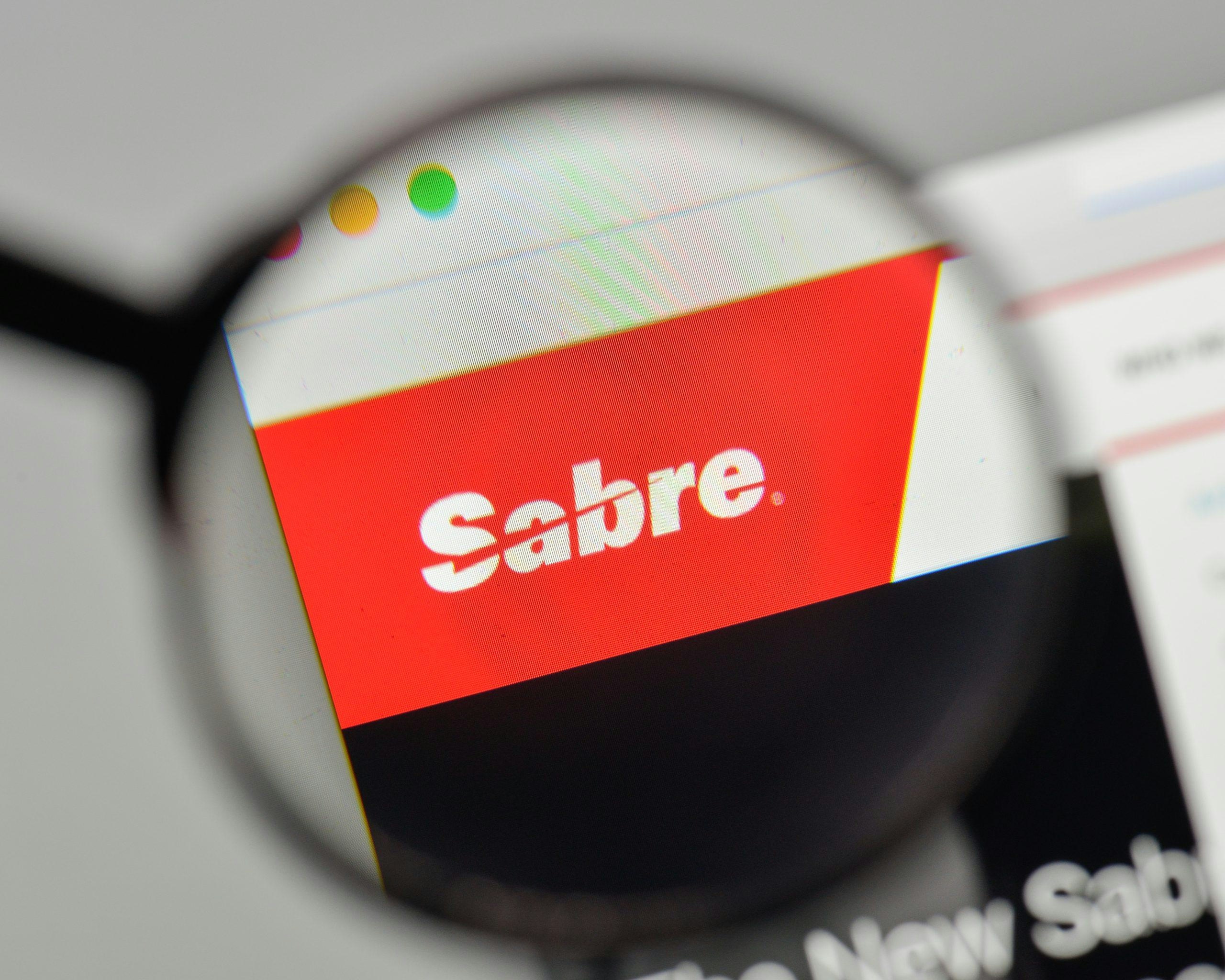
Sabre Introduces New AI-Driven Platform
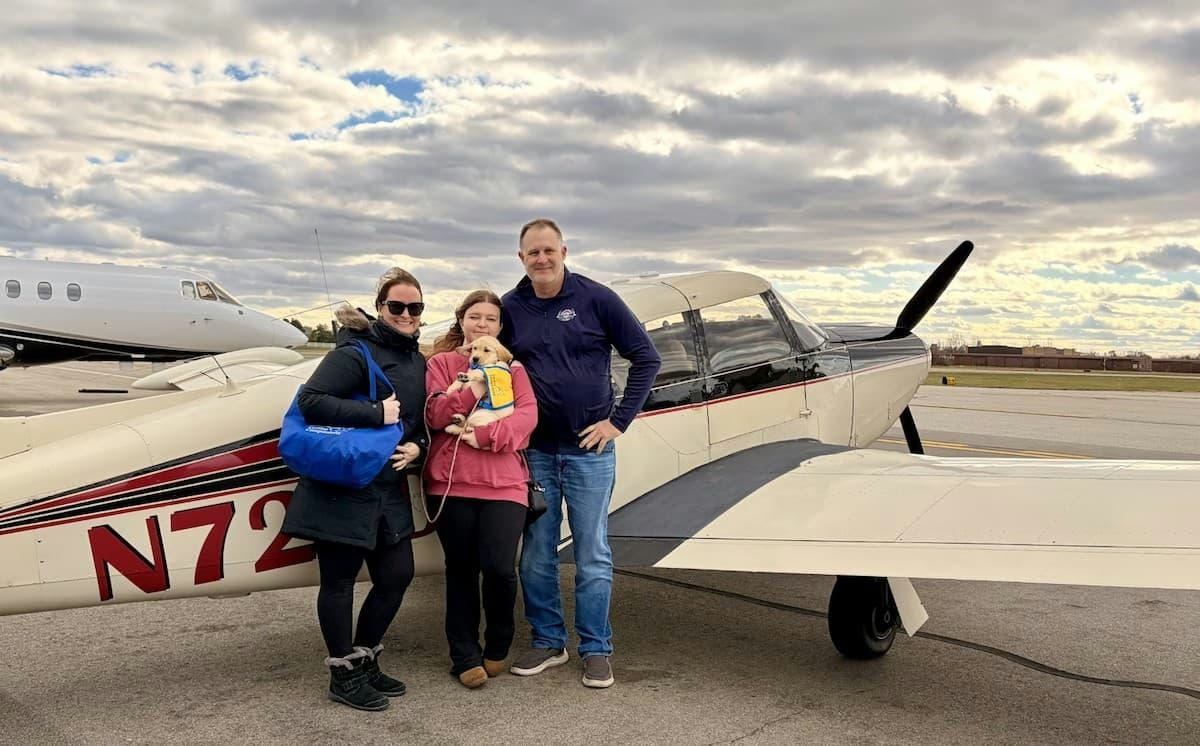
Photo of the Day: Special Delivery
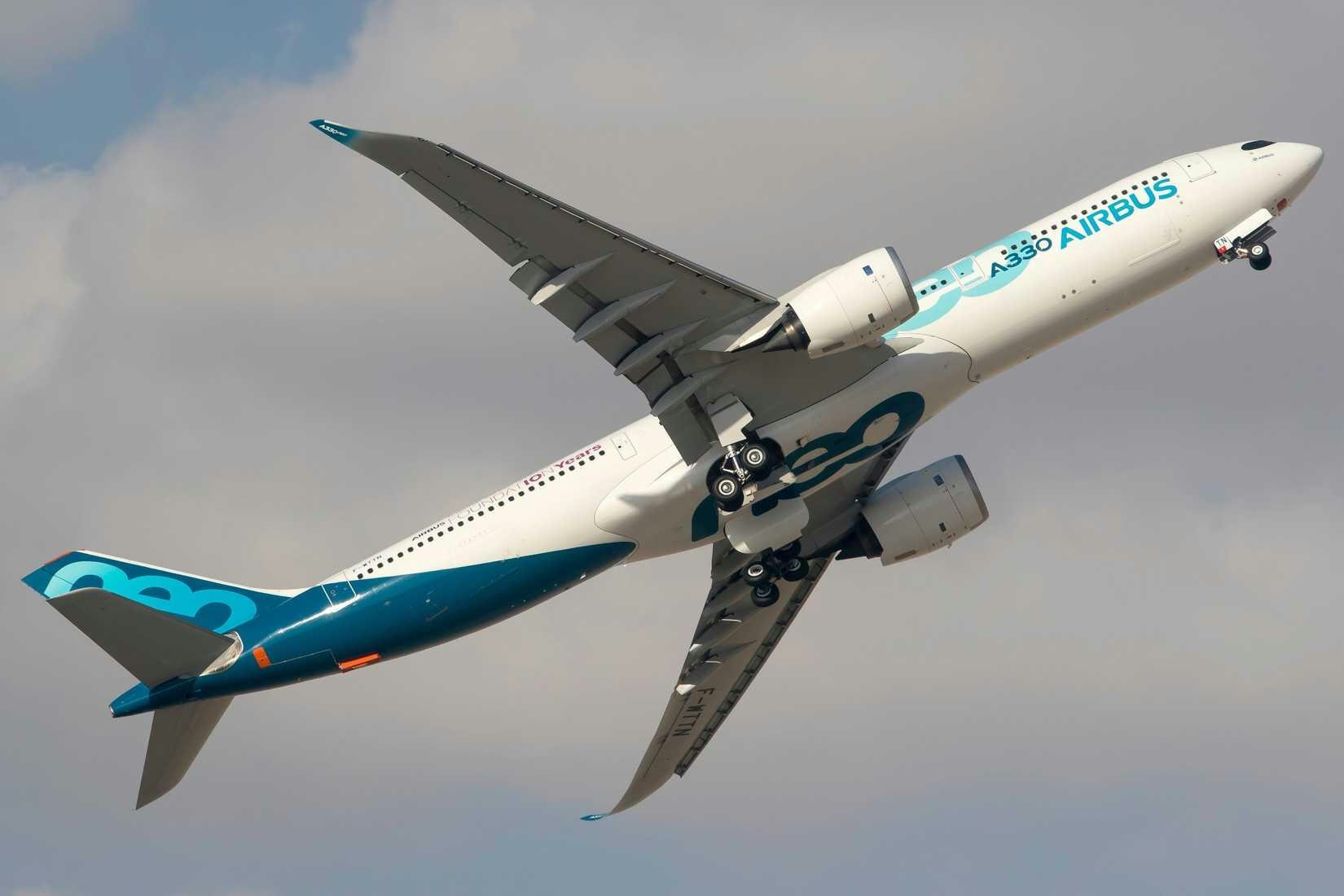
GOL CEO Confirms Possible Arrival of A330neo Widebody Aircraft
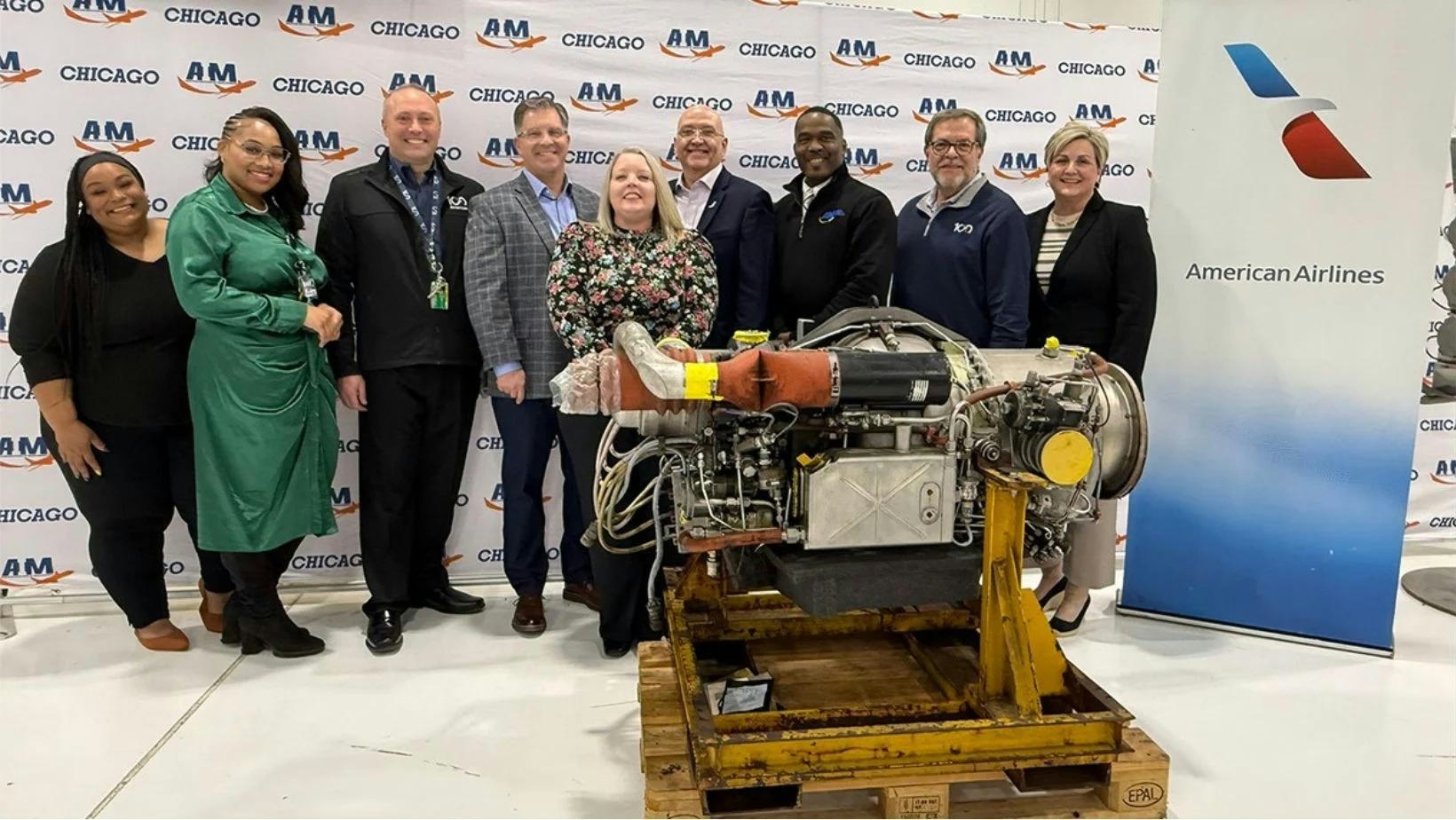
American Airlines donates APU to AIM Chicago for student training
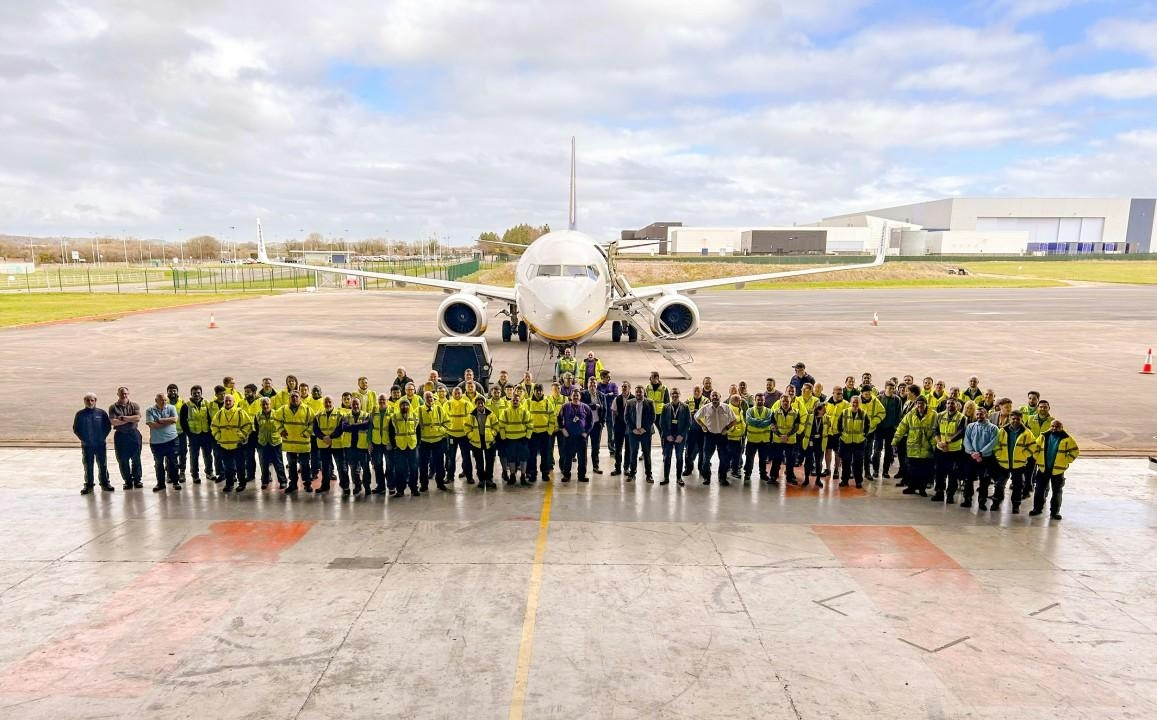
Steer Appointed Base Maintenance Manager at Caerdav
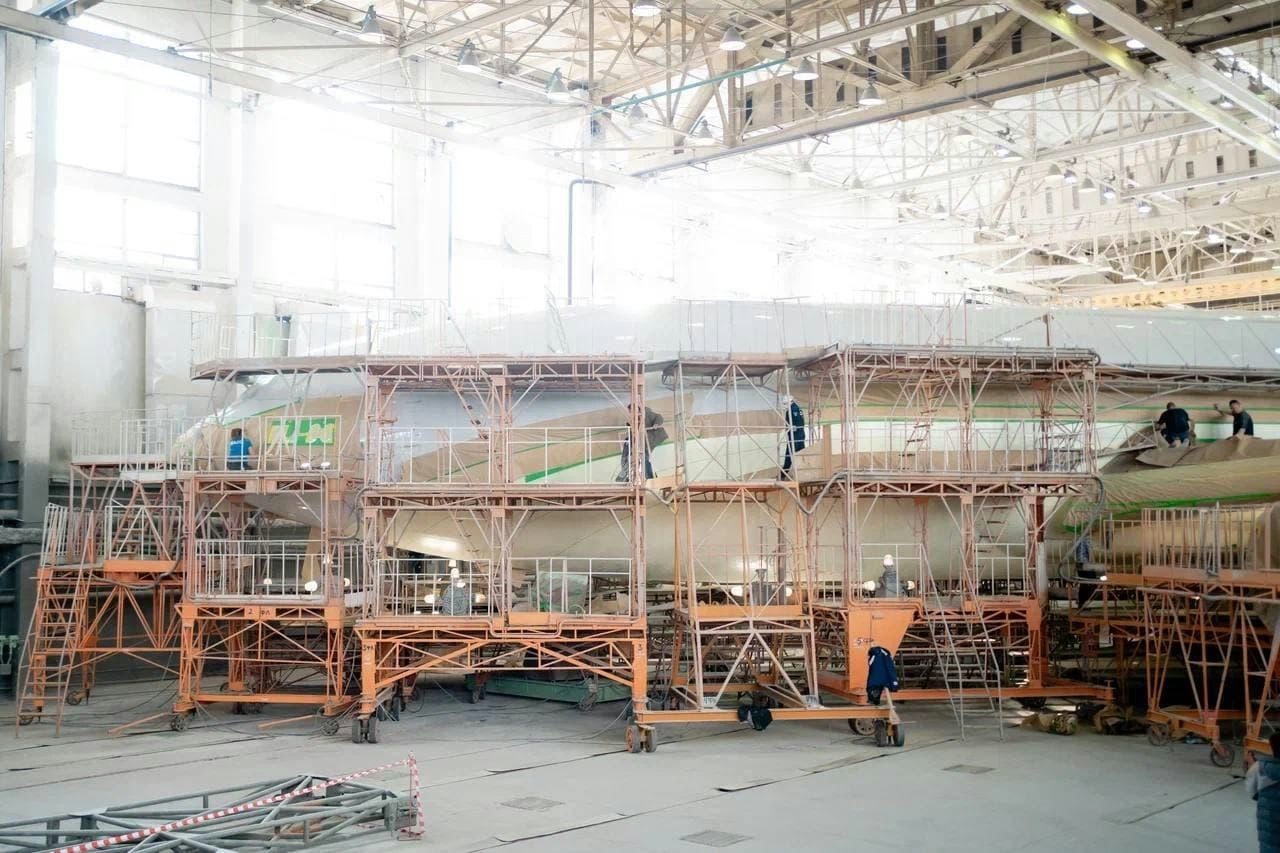
New Il-96 Wide-Body Aircraft Built in Russia; Customer Remains Undisclosed

Japan Airlines Launches JAL Innovation Fund II to Support Technology Ventures
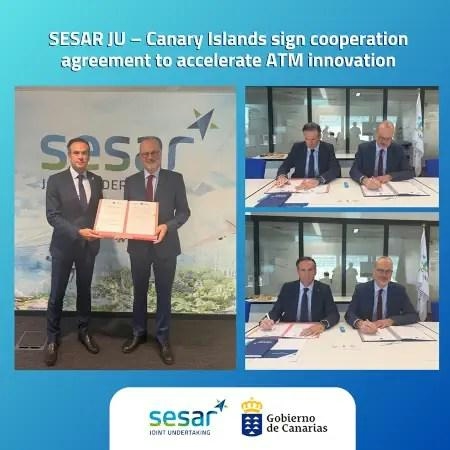
SESAR JU and Canary Islands Sign Agreement to Advance Air Traffic Management
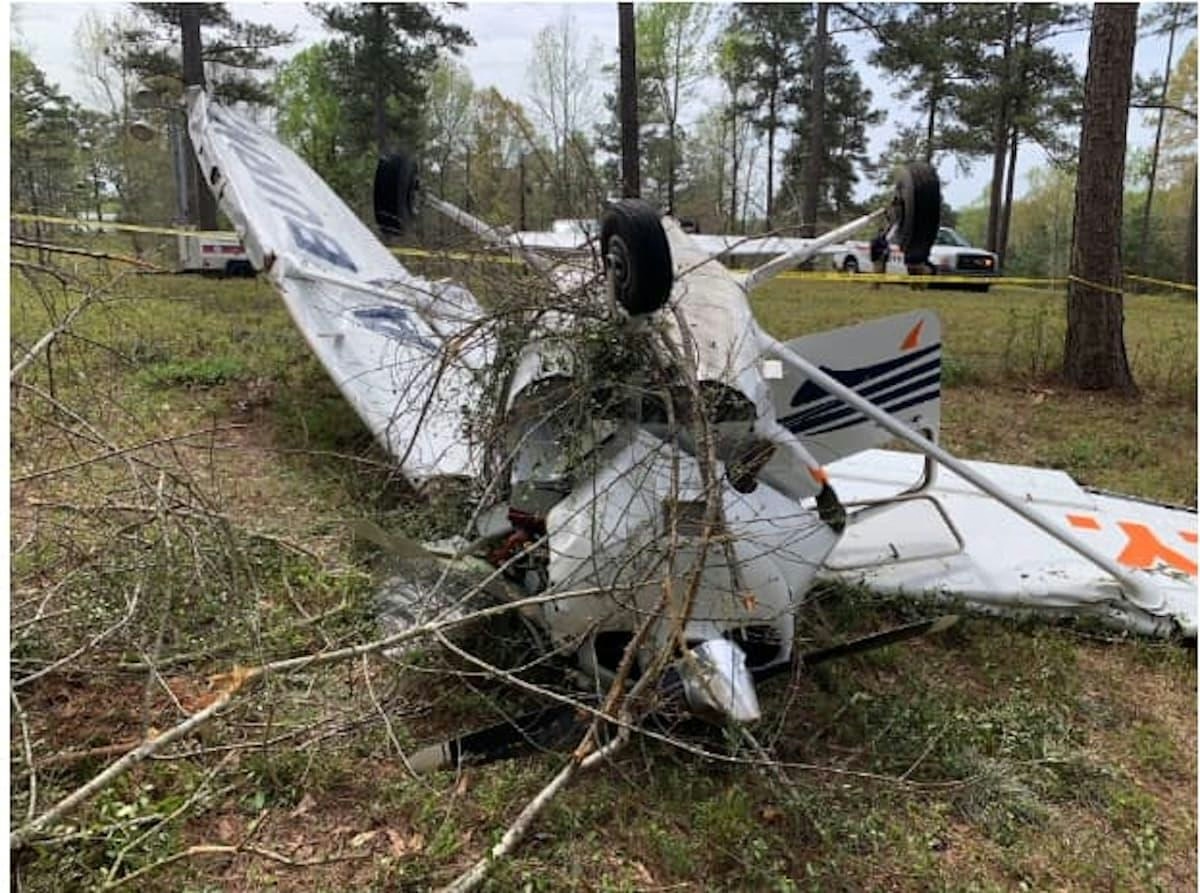
Contaminated Fuel Injector Causes Emergency Landing

CJI London Highlights Textron’s Commitment to Innovation
